Andrea Kohlhase
sTeX+ - a System for Flexible Formalization of Linked Data
Jun 23, 2010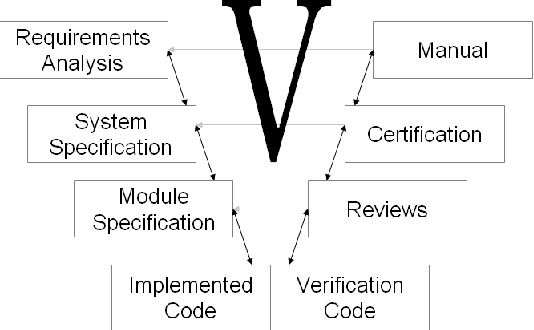
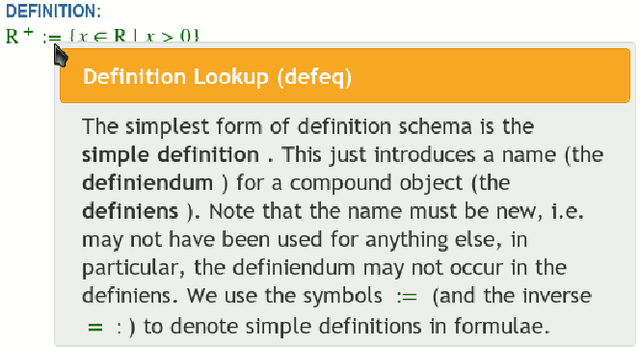
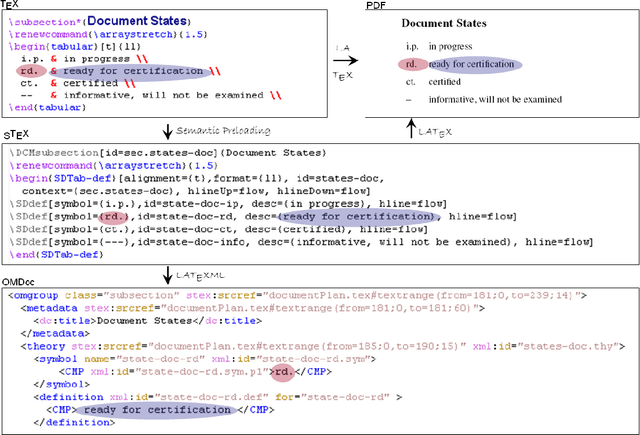
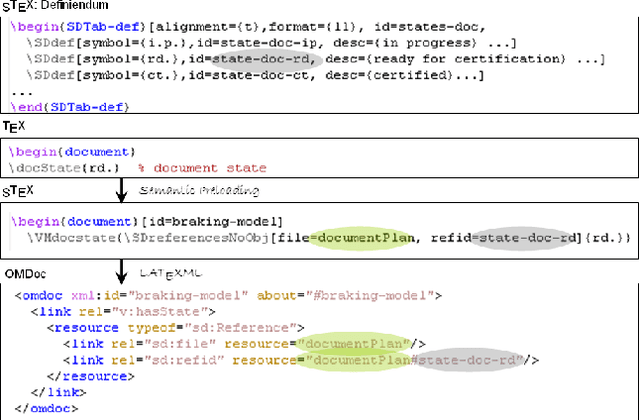
Abstract:We present the sTeX+ system, a user-driven advancement of sTeX - a semantic extension of LaTeX that allows for producing high-quality PDF documents for (proof)reading and printing, as well as semantic XML/OMDoc documents for the Web or further processing. Originally sTeX had been created as an invasive, semantic frontend for authoring XML documents. Here, we used sTeX in a Software Engineering case study as a formalization tool. In order to deal with modular pre-semantic vocabularies and relations, we upgraded it to sTeX+ in a participatory design process. We present a tool chain that starts with an sTeX+ editor and ultimately serves the generated documents as XHTML+RDFa Linked Data via an OMDoc-enabled, versioned XML database. In the final output, all structural annotations are preserved in order to enable semantic information retrieval services.
Dimensions of Formality: A Case Study for MKM in Software Engineering
Apr 28, 2010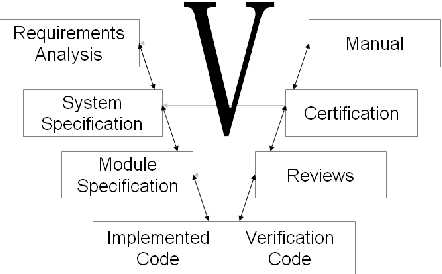

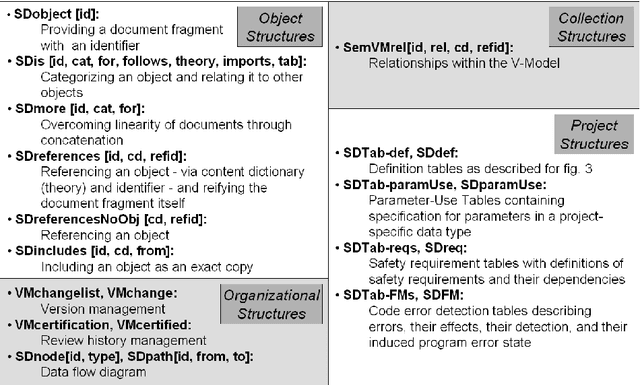

Abstract:We study the formalization of a collection of documents created for a Software Engineering project from an MKM perspective. We analyze how document and collection markup formats can cope with an open-ended, multi-dimensional space of primary and secondary classifications and relationships. We show that RDFa-based extensions of MKM formats, employing flexible "metadata" relationships referencing specific vocabularies for distinct dimensions, are well-suited to encode this and to put it into service. This formalized knowledge can be used for enriching interactive document browsing, for enabling multi-dimensional metadata queries over documents and collections, and for exporting Linked Data to the Semantic Web and thus enabling further reuse.
 Add to Chrome
Add to Chrome Add to Firefox
Add to Firefox Add to Edge
Add to Edge